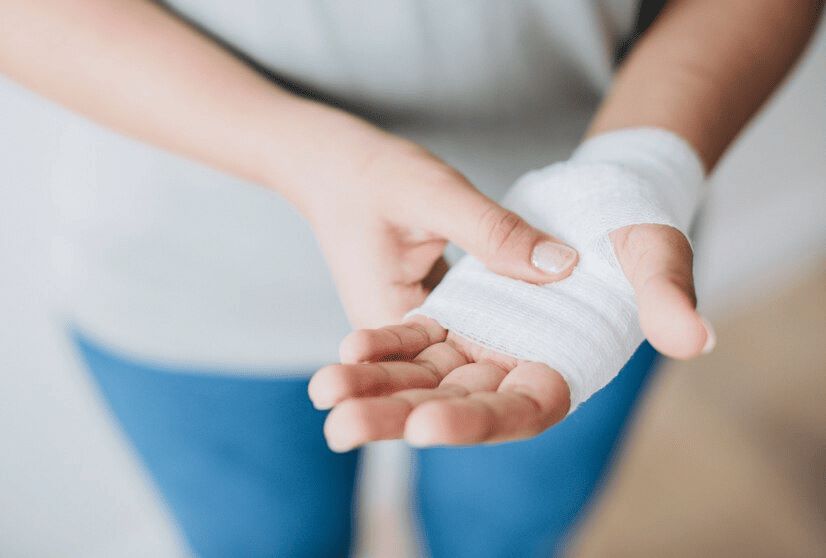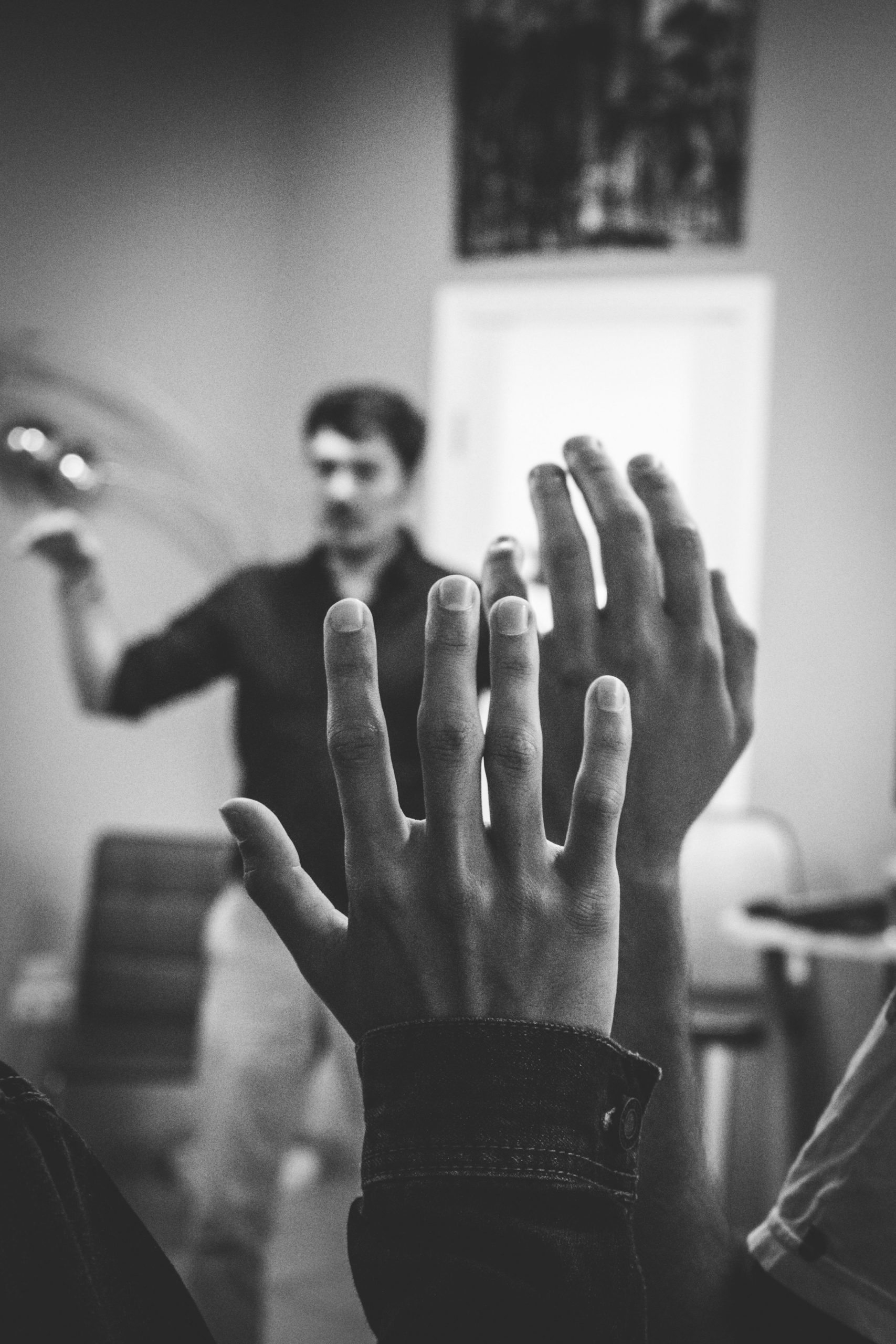
In the hustle and bustle of life, accidents happen, sometimes minor fender benders in a parking lot or more serious incidents on the road. In the aftermath, a person dealing with injuries can be stressful, and the thought may cross his mind: “Is it illegal to fake an injury?” This question becomes even more pertinent when considering the potential consequences involving insurance companies, legal troubles, and the overall impact on one’s life.
The Legal Landscape in Nevada
Nevada, like any state, takes matters of personal injury seriously. Faking an injury, commonly known as insurance fraud, is not only ethically questionable but can also lead to severe legal repercussions. Let’s delve into the key aspects of this issue, shedding light on the potential consequences and the importance of seeking professional legal advice.
Is it Illegal to Fake an Injury?
In simple terms, yes, it is illegal to fake an injury in Nevada. Insurance fraud, which includes falsely claiming injuries or exaggerating their extent, is a criminal offense. Engaging in such deceptive practices not only puts you at risk of facing serious legal consequences but can also result in a permanent criminal record.
When Faking an Injury Is a Crime?
Faking an injury can potentially be considered a crime, depending on the jurisdiction and the specific circumstances surrounding the act. Here are a few situations where faking an injury may be treated as a crime:
Insurance Fraud: If an individual fakes an injury to make a false insurance claim, it can be considered insurance fraud. This is a criminal offense in many jurisdictions.
Workers’ Compensation Fraud: Faking an injury at the workplace to fraudulently obtain workers’ compensation benefits is also a form of fraud and can be a criminal offense.
False Reports to Law Enforcement: Falsely reporting an injury to law enforcement or emergency services may be considered a crime, especially if it leads to unnecessary use of public resources.
Fraudulent Claims for Disability Benefits: Pretending to be disabled or exaggerating the extent of an injury to fraudulently obtain disability benefits can be a criminal offense.
Criminal Trespass or Robbery: In some cases, pretending to be injured may be part of a larger criminal scheme, such as using a fake injury as a cover for trespassing or committing robbery.
Obstruction of Justice: Faking an injury to obstruct justice or interfere with an investigation may be considered a crime.
The Role of Medical Records and Professional Medical Advice
In any injury claim, medical records play a vital role. Faking injuries often involves manipulating or fabricating medical documentation. This not only compromises the integrity of the claim but also raises significant legal concerns. Seeking professional medical advice is not only ethical but also essential for those genuinely injured. Attempting to fake medical conditions can have severe legal consequences, including potential liability for any harm caused.
Legal Consequences of Faking Injuries
Penalties for faking an injury can vary depending on the jurisdiction and the specific circumstances surrounding the act. Here are some potential penalties that individuals may face if they are caught faking an injury:
Criminal Charges:
Faking an injury may result in criminal charges, such as fraud, false reporting, or making false statements to authorities. The severity of the charges can vary based on the laws in the jurisdiction and the nature of the deception.
Fines:
A conviction for faking an injury can lead to fines imposed by the court. The amount of the fines may depend on the specific offense and the financial impact of the deception.
Restitution:
In cases where the fake injury resulted in financial loss to others, the court may order the individual to pay restitution to compensate the victims.
Probation:
Instead of or in addition to imprisonment, a court may impose probation, during which the individual must adhere to specific conditions set by the court. Violating the terms of probation can lead to more severe consequences.
Imprisonment:
In more serious cases, individuals convicted of faking an injury may face jail time. The length of the sentence depends on the severity of the offense and the laws of the jurisdiction.
Civil Penalties:
In addition to criminal penalties, individuals may face civil lawsuits from parties who suffered harm or financial loss due to the fake injuries. This can lead to additional monetary damages.
The Impact on Others: The Other Driver and Insurance Companies
Faking injuries affects the individual committing the act and has repercussions for other parties involved. The other driver may face unwarranted blame, and an insurance company may incur unnecessary costs. Such actions disrupt the insurance process, leading to increased premiums for law-abiding individuals and businesses.
Why Seek Legal Assistance?
The Importance of Law Offices in Nevada
If you find yourself entangled in the legal complexities of faking an injury after an accident, seeking guidance from reputable law offices becomes paramount. With expertise in Nevada law, these professionals can provide invaluable assistance, in crafting a strategic defense, helping you navigate the legal system and understand the potential consequences you may face.
Free Consultation: Your First Step Towards Clarity
Many law offices offer a free consultation to discuss your case. Taking advantage of this opportunity allows you to gain insights into your situation, understand the legal implications, and decide on the best course of action.

Get Help from a Skilled Personal Injury Attorney at BLG
In conclusion, while the temptation to fake an injury may arise in challenging situations, the potential costs far outweigh any perceived benefits. From legal troubles and a tarnished reputation to the strain it puts on the overall insurance system, the consequences are vast and impactful.
If you or someone you know is considering such a path, remember that seeking professional advice is not a sign of guilt but a proactive step toward understanding the legal landscape. In Nevada, law offices are readily available to provide guidance, offering free consultations to help you make informed decisions and avoid the pitfalls of deception.
If you’re grappling with questions about the legality of faking an injury in Nevada, our skilled team at BLG is here to help. With a focus on personalized guidance and a deep understanding of Nevada law, our experienced personal injury attorneys can provide the support you need.
Contact BLG today for a free consultation and take the first step toward clarity and resolution.





